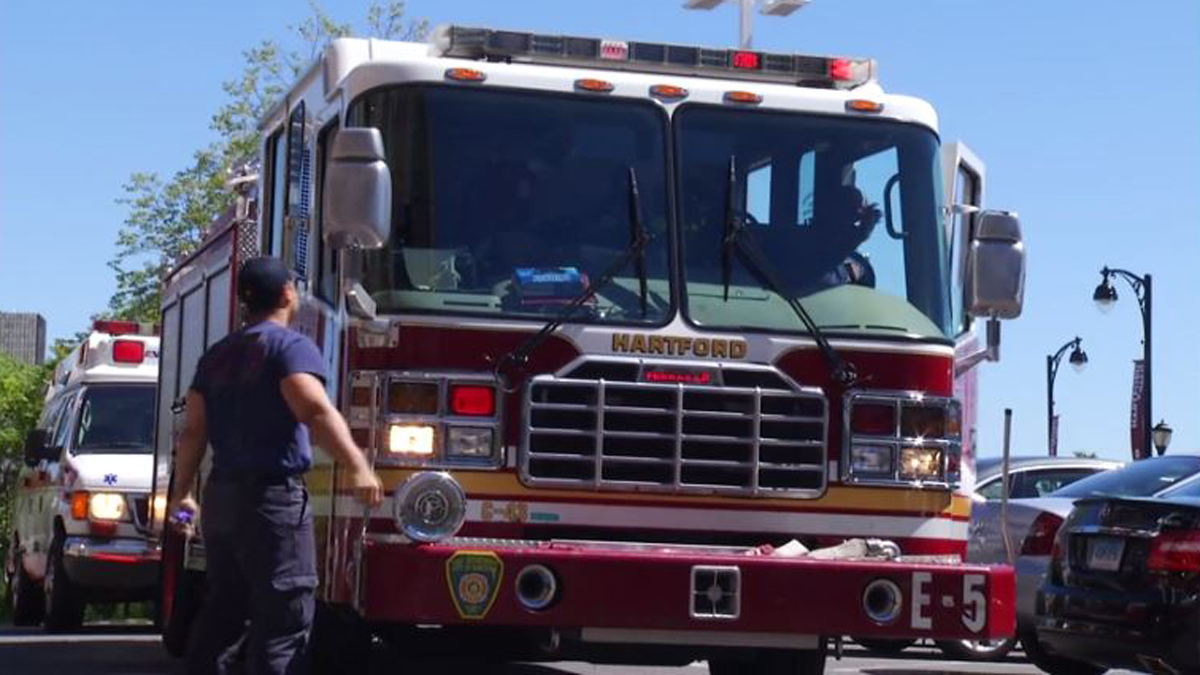Health experts urge Connecticut residents to stay vigilant against COVID-19 even after becoming fully vaccinated.
When Robbie Justice, who lives in Griswold, finally convinced his mom to get the COVID-19 vaccine, he could not help but get emotional.
“I hope everyone got the same feeling and gets the same excitement,” said Justice.
Justice said his family is not rushing in to anything. He estimates they will all be fully vaccinated by June. Once that day comes, they are looking forward to the simple things like hugging each other again.
“We can sit down and have a coffee,” said Nora Wallace, Justice’s mom.
Get top local stories in Connecticut delivered to you every morning. Sign up for NBC Connecticut's News Headlines newsletter.
According to the CDC, someone is considered fully vaccinated two weeks after the second shot of the Moderna and Pfizer vaccines and two weeks after the single dose J&J vaccine.
“We do know that the moment we put the shot in your arm, you effectively have no immunity and then it starts rising from there with all of the shots,” said Howard Forman, a professor of public health at Yale University.
Local
Forman said it is important that people don’t get a false sense of security immediately after the shot, especially as the majority of Connecticut’s towns are under a red alert and variants of the virus continue to spread.
“Presumably a lot of the increased cases we are seeing are younger individuals who, for one reason or another, are either partially vaccinated or not vaccinated yet and that is where the spread seems to be occurring,” said Forman. “Get vaccinated, wait the appropriate time, follow the guidelines.”
If you get the Pfizer vaccine, your second dose should be scheduled three weeks after your first dose. For Moderna, your second dose should be four weeks after your first.
“The reason for that is that the CDC wants you to follow the same exact schedule that was used in clinical trials,” explained Paulo Verardi, a virologist and vaccinologist at the University of Connecticut.
However, Verardi explains, if that timeline can’t happen, it is OK. According to the CDC, your second dose may be given up to six weeks after the first, if necessary.
“Bottom line is, don’t stress. It is more important to get the first shot in the first place then worry about the spacing between the shots,” said Verardi.
Verardi stressed the importance of remaining vigilant, leading up to full vaccination and after, at least until we reach herd immunity.
“Since we are not there yet, we can’t really stop with what we have been doing,” said Verardi.



